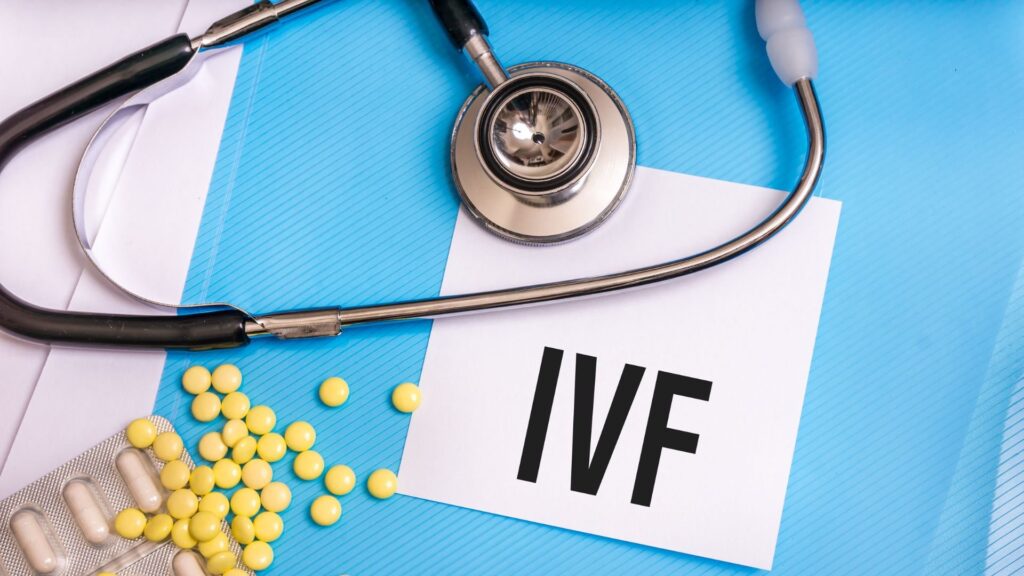For individuals or couples navigating challenges with conception, finding a trusted provider becomes the first step. A fertility clinic offers a structured and specialized setting designed to diagnose and treat a wide range of reproductive health concerns. From testing to advanced treatment procedures, clinics combine medical expertise with technology to support various family-building goals. While every patient’s needs are different, the range of available services helps create a personalized path toward conception.
Initial Consultations and Diagnostic Testing
Each fertility journey begins with an in-depth consultation. Providers ask about medical history, menstrual cycles, prior pregnancies, lifestyle factors, and general health. Based on this information, diagnostic testing may be ordered for one or both partners. For female patients, this typically includes hormone evaluations, ultrasound exams, and imaging of the uterus and fallopian tubes. Male patients often undergo semen analysis and, if necessary, additional tests related to hormone levels or reproductive anatomy. The goal of this phase is to identify the factors affecting fertility and guide next steps based on real data.
Accurate timing plays a key role in conception. Fertility clinics use tools such as transvaginal ultrasound and blood tests to monitor hormone shifts and follicle development. These methods help determine whether ovulation is occurring and when it takes place. Patients undergoing timed intercourse or intrauterine insemination often rely on this cycle monitoring for proper scheduling. By observing patterns over several cycles, providers can better identify irregularities that might go unnoticed without clinical evaluation.
Medication Support for Egg Development
Some patients benefit from medications that stimulate the ovaries to produce more follicles. A fertility clinic provides close supervision during this process, adjusting doses based on how the body responds. Oral medications or injectable hormones may be used, depending on the patient’s age, diagnosis, and treatment plan. Throughout each cycle, ultrasound and lab work help guide the safe development of follicles and reduce the risk of complications. This approach aims to increase the number of viable eggs while maintaining patient safety.
Intrauterine Insemination (IUI)
One of the less invasive fertility treatments offered is intrauterine insemination. In this procedure, a prepared sperm sample is placed directly into the uterus during the ovulation window. The timing is coordinated with or without medication, depending on the individual situation. IUI is often used for unexplained infertility, mild male factor issues, or cases involving donor sperm. Fertility clinics perform this procedure in a clinical setting, and patients can usually resume normal activities the same day.
For patients needing more advanced care, in vitro fertilization remains a widely used option. This process involves retrieving eggs from the ovaries, fertilizing them with sperm in a lab, and transferring one or more embryos into the uterus. IVF may be recommended for those with blocked tubes, low ovarian reserve, severe male factor infertility, or other complex conditions. A fertility clinic manages each stage of the process, including egg retrieval, embryo development, and cryopreservation if extra embryos are created.
Fertility clinics often provide coordination for treatments involving donor sperm, donor eggs, or gestational carriers. These services help individuals or couples facing specific challenges—such as premature ovarian insufficiency or same-sex family building—expand their options. Clinics work with reputable donor agencies and follow strict screening procedures. Legal and emotional support is also available to help patients navigate the complexities of third-party reproduction in a safe and informed way.
Visit a Fertility Clinic
Preserving fertility is another key service offered by many clinics. Egg freezing allows patients to store healthy eggs for future use, often before medical treatment or due to delayed family planning. Sperm and embryo freezing are also available. Fertility clinics guide patients through the process, from hormone stimulation to retrieval and cryopreservation. This option provides more flexibility for those looking to extend their reproductive window or preserve options during uncertain health situations.

